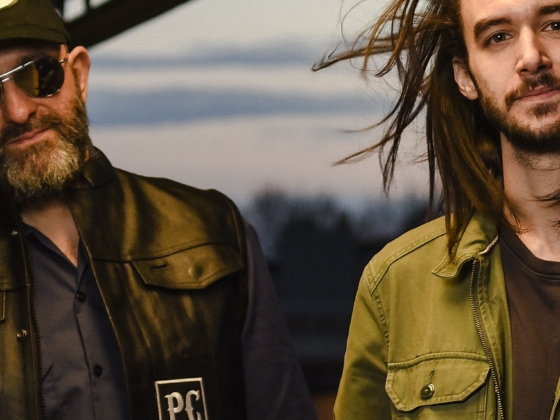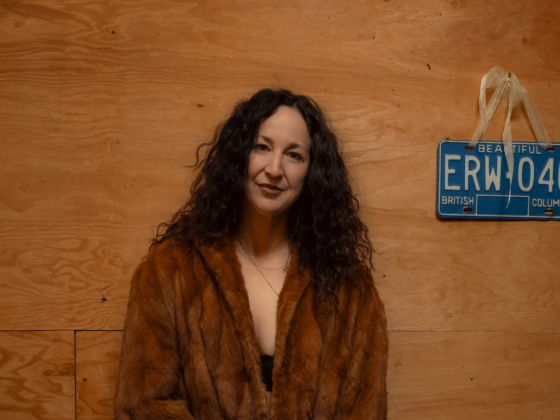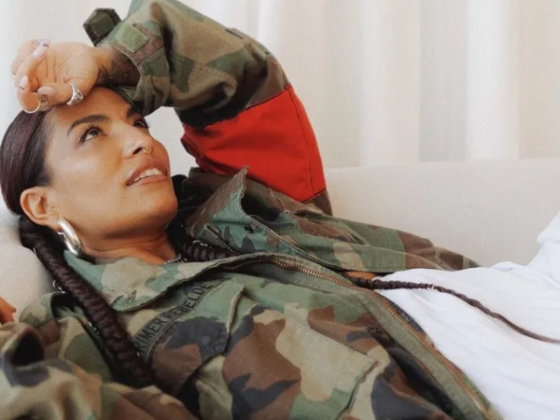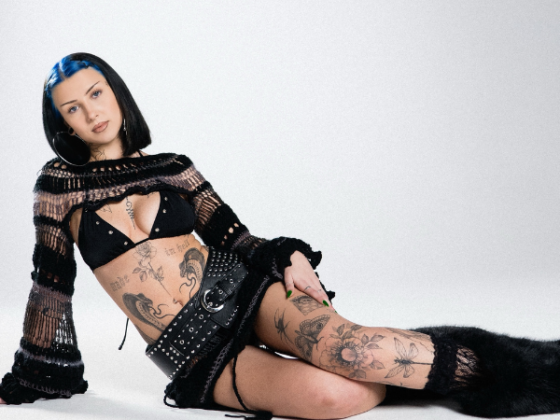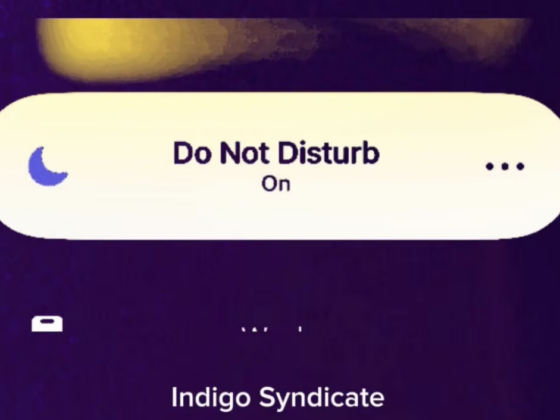Think back to when you were fifteen and try not to wince. Fifteen is difficult, right on the cusp of growing into a semi-full person, but already demanding to be treated like you’ve got your act together. It’s an age where the great irony is you’re entirely convinced by your own self-awareness, except you have none. A lot of this, of course, boils down to insecurity, but insecurity isn’t a weakness. Rather, it’s a needling feeling that crops up, because we’re always looking for some level of affirmation.
Obviously, it would be best if that affirmation came from within, but in order to validate ourselves, we typically need someone external to let us know that things are okay. This is where the music we listen to in our teens becomes key. So many albums have the power to inspire self-confidence and ease us through moments of insecurity. With that, below are three records that would have been instrumental to my adolescence, either for their queer themes or because they made it alright to be a fucking weirdo.
American Boyfriend: A Suburban Love Story by Kevin Abstract
For too many queer kids, a big part of the coming out journey is just discovering the existence of gay people. The first time I saw a queer couple in the media, my life did not change, but rather it came together. All of my questions were answered and loose ends—granted, I was 12 at the time, so life was not particularly pressing—were tied. The next day, I snuck around the library picking out the few queer fiction books on hand and went on a tear consuming as much gay media as I could, to learn about myself. During this initial binge, I also learned the hard truths of homophobia from the people I went to school with, strangers, the librarian, and my own family.
Kevin Abstract’s sophomore album, American Boyfriend: A Suburban Love Story would have more than streamlined this research process, it would have shown me that there is light to be found in the queer community. As an album, American Boyfriend covers all typical queer suburban woes: straight crushes, homophobic parents, outcast status in high school, self-hate, and losing yourself in a mental fog. All of this accomplished at the intersections of hip-hop, indie pop, acoustic ballad, and tweaked out production reminiscent of Yeezus demos.
Had I heard any of this music at fifteen, where I was still convinced there was not a single queer person within one thousand miles of me, I would have felt less alone. I would have felt heard and understood, and most importantly, I would have known there is more to being queer than constantly feeling Othered.
CTRL by SZA
SZA’s debut album, CTRL, is a lesson in self-worth. The album opens with her retaliating against an ex who mistreated her, and continues to take us through SZA’s personal war for control over her life. Her insecurities are on display with tracks like “Normal Girl” and “Anything,” just as well as they are batted down on “Doves in the Wind” and “The Weekend.” The album climaxes with “20 Somethings,” which is a tender ode to an equally joyful and tumultuous universal chapter in our lives.
All of SZA’s quirks and endearing qualities color the record, making its emotional range both believable and relatable. On stage and on wax, her personality has a skittering and human quality. To see yourself in SZA and to see SZA in yourself is to accept your flaws and work through them. The only way to overcome an insecurity is to first know that it is alright to be insecure, and CTRL’s mission statement is, in large part, to remind young women that their worries are not unfounded and are surmountable.
CTRL plays like the best friend you’ve never had but see all over the tween movies. It is an album that hears you and grows with you, as SZA’s themes feel as relevant now in my 20s as they would have been at fifteen when everything was terrifying and every quirk was another reason to not leave the house. CTRL gets you out the door; CTRL gets you smiling when you look in the mirror.
God Loves Ugly by Atmosphere
Here is an album that says, “You do not have to be anything, you don’t even have to love yourself,” but it would be infinitely better for everyone if you did. Released in 2002, sometimes pegged as the dawn of emo rap, God Loves Ugly is for the outcasts as much as it is for the kids who slot right into social norms. As a body of work, it catalogs rapper Slug’s lowest points with himself, his drinking, and the women in his life. But these vignettes never take themselves too seriously.
Much of God Loves Ugly plays off the absurdity of the situation at hand. That is, just how many times can Slug keep making these mistakes? Just how many women are going to turn him down, and just how many times is he going to go from rapper to drunken mess at the stroke of sundown? It’s weighty, certainly, but not without cheek. Within that self-deprecating humor is a larger lesson: you have to laugh at yourself to survive, to eventually stumble upon some semblance of self-love. Of all the lessons to be learned and re-learned from Atmosphere, the most important is to remember to laugh—the rest of life will fall into place.





